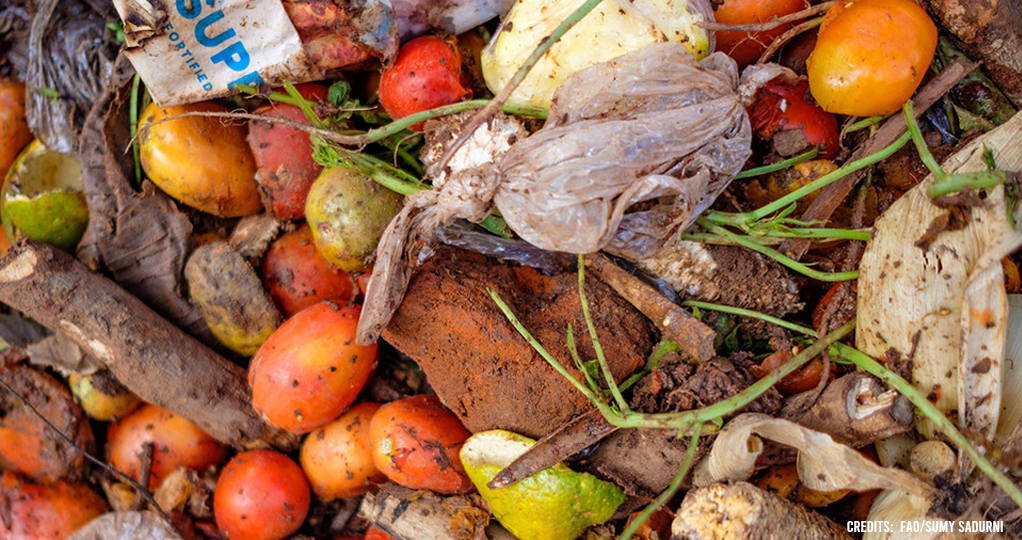World Food Safety 2024: Prepare for the Unexpected
Foodborne diseases (FBDs) continue to be a public health concern in the Caribbean and worldwide, with one in every ten individuals worldwide contracting an illness as a result of contaminated food each year. In the tourism and cruise ship industry, there has been a rise in the number of FBD cases and outbreaks reported in CARPHA Members States (CMS). FBDs can have a substantial economic, social, and reputational impact on trade and tourism, as well as create morbidity, mortality, and economic burdens for countries.
On June 7, the Caribbean Public Health Agency (CARPHA) will celebrate World Food Safety Day in collaboration with the Food and Agriculture Organization of the United Nations and the World Health Organization (WHO). The theme for 2024, “Food safety: prepare for the unexpected,” emphasizes that food safety is a shared responsibility and that all individuals must contribute.
If food safety is compromised, we must be prepared to intervene at all levels, including:
- National food safety emergency response plans can be updated, national food control systems can be strengthened, surveillance and coordination capacities can be increased, and governments can improve communication.
- Food enterprises can improve their food safety management plans, communicate more effectively with consumers, and collaborate to share lessons learned.
- Consumers can guarantee that they know the appropriate procedures for reporting or responding to a food safety incident.
According to Dr. Lisa Indar, director of the Surveillance, Disease Prevention, and Control Division at CARPHA, food safety is essential for sustaining economic productivity in the tourism-dependent, vastly culinaryly diverse Caribbean region. CARPHA is enhancing regional food security by enhancing food safety and surveillance of foodborne diseases in its 26 Member States.
The incidence of FBD was 1 in 11 during mass gathering events, such as cricket matches, carnivals, and culinary festivals, according to a 2021 WHO study. Two CARPHA remains proactive and leads the regional public health response because the Caribbean hosts the ICC Men’s T20 World Cup (May/June 2024). In preparation for the Caribbean Cricket World Cup (CWC) and other mass gathering events, the Agency has partnered with health and tourism stakeholders in the six host nations (Antigua and Barbuda, Barbados, Guyana, Saint Lucia, St. Vincent and the Grenadines, and Trinidad and Tobago) to enhance their surveillance, early warning and response, laboratory, health, prevention and control, and food safety capabilities.
From February to May 2024, nearly 900 food vendors anticipated selling food at the cricket stadiums and their surroundings. During this preparatory phase, they received training in Food Safety for Food Handlers at Mass Gathering Events. Furthermore, a Mass Gathering Surveillance System was created and implemented to detect the six internationally recognized potential gastroenteritis syndromes.
To effectively address foodborne diseases (FBD) and food safety in the Caribbean, CARPHA is implementing an integrated foodborne diseases program. This program will integrate the epidemiological, laboratory, environmental, and veterinary aspects of FBD surveillance and response into a coordinated programmatic approach, both regionally and nationally. Its components, which include surveillance, training, capacity building, outbreak investigation, research, preparation, and control, are comprehensively confronting FBD to enhance food safety in the Region. CARPHA has also trained and certified over 500 individuals in nine Member States in advanced food safety. Additionally, it has developed a suite of standards for the hospitality, health, food safety, and environmental sectors to serve as a foundation for establishing a successful food safety program for the hospitality industry.
To enhance regional food safety, CARPHA is dedicated to collaborating with partners and Member States to facilitate the exchange of information and communication, capacity development activities, and multi-sectoral collaboration.



